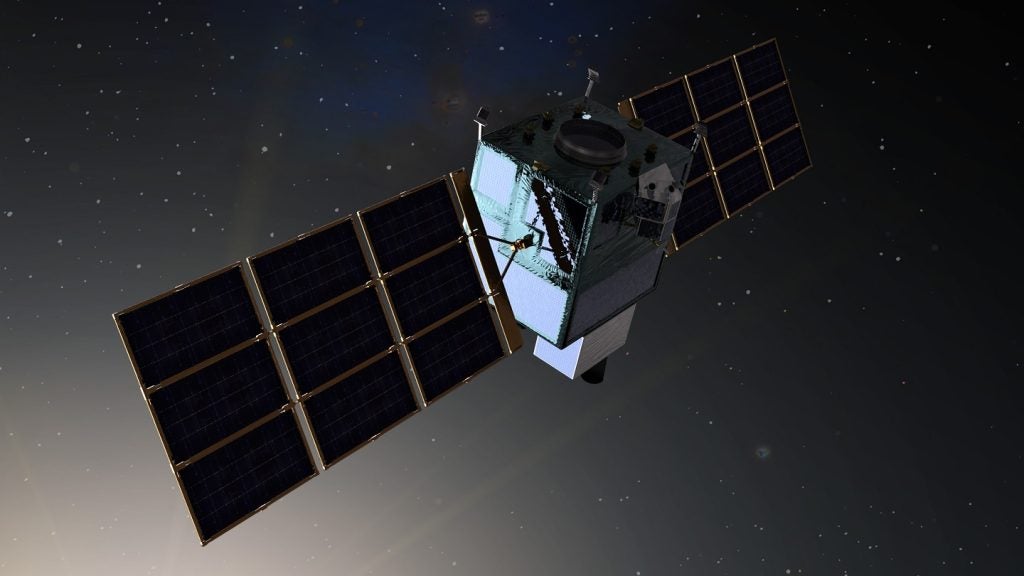Lockheed Martin has been awarded a near-$1bn contract modification for Phase 2.1B of the Overhead Persistent Infrared (OPIR) main mission payload for the Next Generation OPIR Geosynchronous System, designed to provide a space-based early-warning missile detection capability.
In a 21 June 2024, contract notice, the US Department of Defense (DoD) stated that the $977m contract modification provided for on-orbit development and operational testing, calibration, and tuning of the OPIR mission payload and support the Next Generation OPIR Geosynchronous System for two space vehicles.
The work is expected to be completed by 31 July 2029 the DoD stated. Financial year 2024 RDT&E funds of $183m are obligated at the time of the award, with the cumulative face value of the contract reaching almost $8.2bn.
The next-generation OPIR system comprises four satellites, two operating in geosynchronous equatorial orbit (GEO) and two in polar orbit and is intended to provide early warning of ballistic and hypersonic missile launches towards the United States. The system will replace the existing Space-Based Infrared Systems (SBIRS), which has six GEO-positioned satellites.
While ballistic missiles follow a more discernible trajectory, hypersonic glide vehicles follow a different, more unpredictable, trajectory which makes the versatility of the OPIR early warning missile system so critical to American defence.
The US, Russia, and China are all testing hypersonic technology, generating fears of escalating global competition for weaponry that has the potential to render current defences inadequate.
OPIR central to US ballistic/hypersonic early warning
The US Space Force states that the Next Gen OPIR is designed provide a “resilient space-based global missile warning capability” against emerging missile and counter-space threats, with a central element being the Lockheed Martin 2100 common satellite bus in a new OPIR sensor.
In August 2021 the USSF’s Space Systems Command completed the critical design review of the Next Gen OPIR programme, with an intention to launch the first satellite in 2025, a timeline that is understood to be under considerable pressure.
In May 2023 Northrop Grumman announced that it had completed a preliminary design review for OPIR, and was awarded a $235m contract modification by the DoD in October the same year to continue work on the programme.
A June 2024 report by the US Government Accountability Office (GAO) stated that the OPIR programme "continues to face schedule challenges, driven largely by the mission payload".
The GAO report stated that the OPIR program office, flight hardware production and integration challenges have already delayed payload delivery by 11 months, until July 2024.
"As a result, payload and space vehicle integration delays will likely result in launch delays and program cost increases. Our work in this area indicates that a launch delay of at least a year is likely for the first GEO satellite," the GAO report stated.









